Say No To Plastic
As you come out of your home, you will probably step over used plastic bags, empty biscuit wrappers or even pan masala pouches, strewn everywhere on the street.
The streets, pavements and drains are littered with discarded plastic packets and bottles, used packaging and numerous packets with wasted food from the surrounding eateries. Plastic is a scourge that seems to have grown to alarming proportions.
The reason why plastic is an environmental hazard is because it is one of the few modern chemical materials that is not biodegradable. Polyethylene, polyvinyl chloride, and polystyrene are the composition base in the manufacture of plastics. These synthetic polymers are easily moulded into complex shapes and have high chemical resistance. Because of these properties, they are used to manufacture several durable or disposable goods and for packaging materials.
However, plastic is resistant to bio-degradation. A discarded plastic bottle can remain in a land fill for millions of years, so just consider the thousands of plastic bottles we discard on a daily basis. Bangalore alone generates roughly 40 tons of plastic waste per day, which raises fears of an environmental disaster.
Also Read:
- Every touch is a PLASTIC.. Beware!!
- 5 Inventions: Remote Control, Wall Clock, Plastic, Fan & Typewriter
- Black Holes
- Best Out of Waste
- Best Out of Waste DIY Crafts Ideas: Build Useful Things Easily [Pro Tips]
Table of Contents
A social worker associated with Sharda Foundation, an NGO dedicated to generating awareness about plastic menace, says:
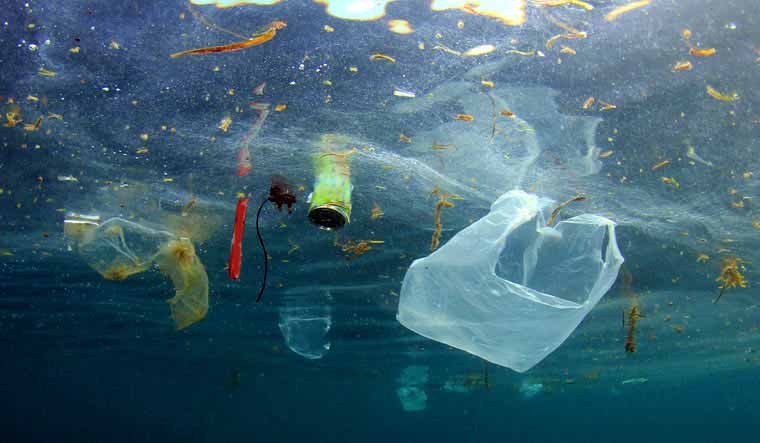
Because we are so populous, the amount of plastic consumed is mindboggling and our disposal habits make it a health hazard. As long as our homes are clean, we are fine. But we throw all the plastic waste on the road for the corporation sweeper to clean. If they do not, we just sit back and grumble that the municipality is doing nothing.
That is one reason why drains get clogged in cities during the rains. Look into the open storm water drains which are invariably filled with all sorts of junked plastic. Milk sachets, mineral water bottles, grocery bags, empty plastic cans and containers.
A recent trip to Goa was a definite eye-opener. Earlier, this holiday destinations had waste plastic clogging everything from lakes, where tourists took boat rides, to beaches, where even a sea bath meant bringing up discarded fishermen’s nets around your ankles. But a ban on plastic and the results are clearly obvious.
What makes it a workable solution is the local population too have enforced the ban, taking personal pride in keeping their cities and market areas free from plastic. Buy fish from the local fisherwoman in the market in Goa and if you have not carried your own cloth bag she will wrap your fish or prawns in newspaper and thrust it in your hands.
Unfortunately, we have also aped the disposal culture of the West, and over the last decade use everything from disposable razors and pens to large quantities of fancy packaging. Apples or pears are pushed into honeycomb plastic packing to keep them from getting damaged in transit.
The problem is that the Union government has already tried telling people that the use of plastic should be discontinued, which is why you have to pay to get a plastic bag. The work here needs to be done by the people of the country. Start carrying your own jute bag for shopping.
If the people themselves take up this cause, the need for protests and rallies will not arise at all. Shopkeepers could also keep jute bags instead of plastic bags. A collective action of the sellers and the buyers can help the environment in sustaining its balance. For this little deed of help you do today, you will be able to breathe and live in a healthy environment for almost a decade longer.
Our dependency on plastic has grown due to several reasons. Its inexpensive, light and convenient. But gradually we have come to realize that we are just sticking future generations with the bill and a big mess to try to clean up.
However, we can still employ certain measures to avoid plastic:
- Use Reusable Bags: Reduce, Reuse, Recycle has a new member: Refuse. If you have not got into the habit of bringing your own reusable bags everywhere, now is a great time to start. There are endless options for bags. You can even find bags that fold up into tiny pouches that fit into a purse. Take reusable bags to big box stores, the hardware store, department stores, and even take out for restaurants. Tell them why you are bringing your own bags and refusing the plastic.
- Water Bottles: Fill up your own stainless steel or glass water bottle. Not only is the plastic hugely wasteful, but water bottling companies are draining the freshwater from the ground.
- Pay attention to packing: Wherever possible, opt for any item wrapped in paper or cardboard rather than plastic.
- Food Packs: Earth-friendly options abound for reusable and non-plastic lunch packaging. One can try beeswax wraps (fabric dipped in a beeswax blend) instead of plastic wrap or stainless steel boxes with separate compartments for each lunch item. Reusable bamboo or stainless steel cutlery comes in compact cases or cloth pouches.
In 2019, the European Union passed a law to phase out the use of many single-use plastics including cutlery, plates, straws and drink containers in an effort to reduce marine litter, prevent 3.4 million tons in CO2 emissions, and save about $25 billion in environmental clean-up costs.
People who go to work, people who do not go to work, people who are literate, people who are illiterate, all can come together and do this. The person who sells vegetable, the person who sells branded clothes, everyone can contribute and become a bigger person. We all the rich, the poor, the careful and the not so careful, we all live in the same environment and we all will have to come together to save it from going to the dogs.
We need to stop using plastic because if we dont, in about 10-100 years time the planet will not have any natural resources, the roads will be clogged with shit and the plants will be struggling with plastic to find a way into the soil.
But if you stop using plastic, eventually a day will come when 100 percent of people will be using a substitute for plastic and the world will still have some hope to cling on to. I am not saying the problem will end, but the end of the problem will begin.






















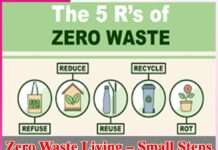
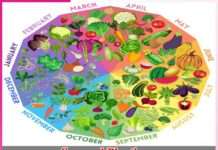


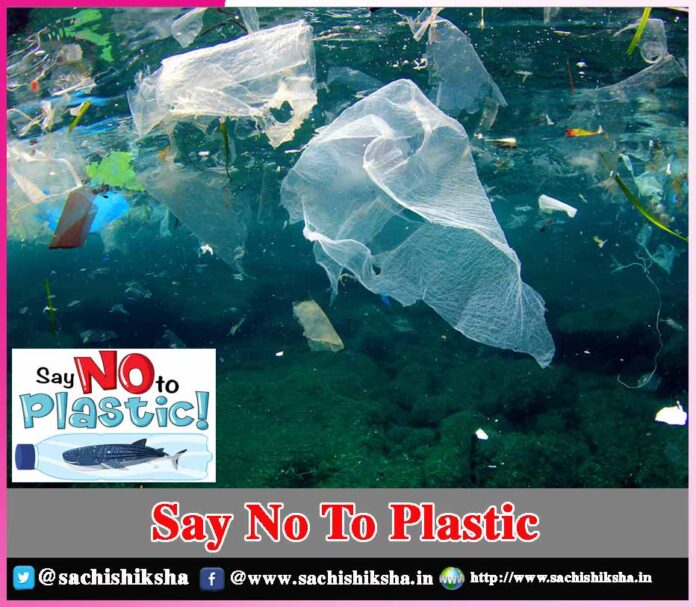





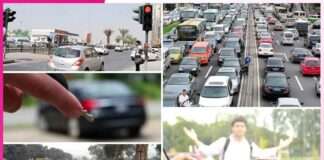














![Best Out of Waste DIY Crafts Ideas: Build Useful Things Easily [Pro Tips] Best Out of Waste DIY Crafts Ideas - Sachi Shiksha](https://sachishiksha.com/wp-content/uploads/2021/03/2-3-100x70.jpg)
